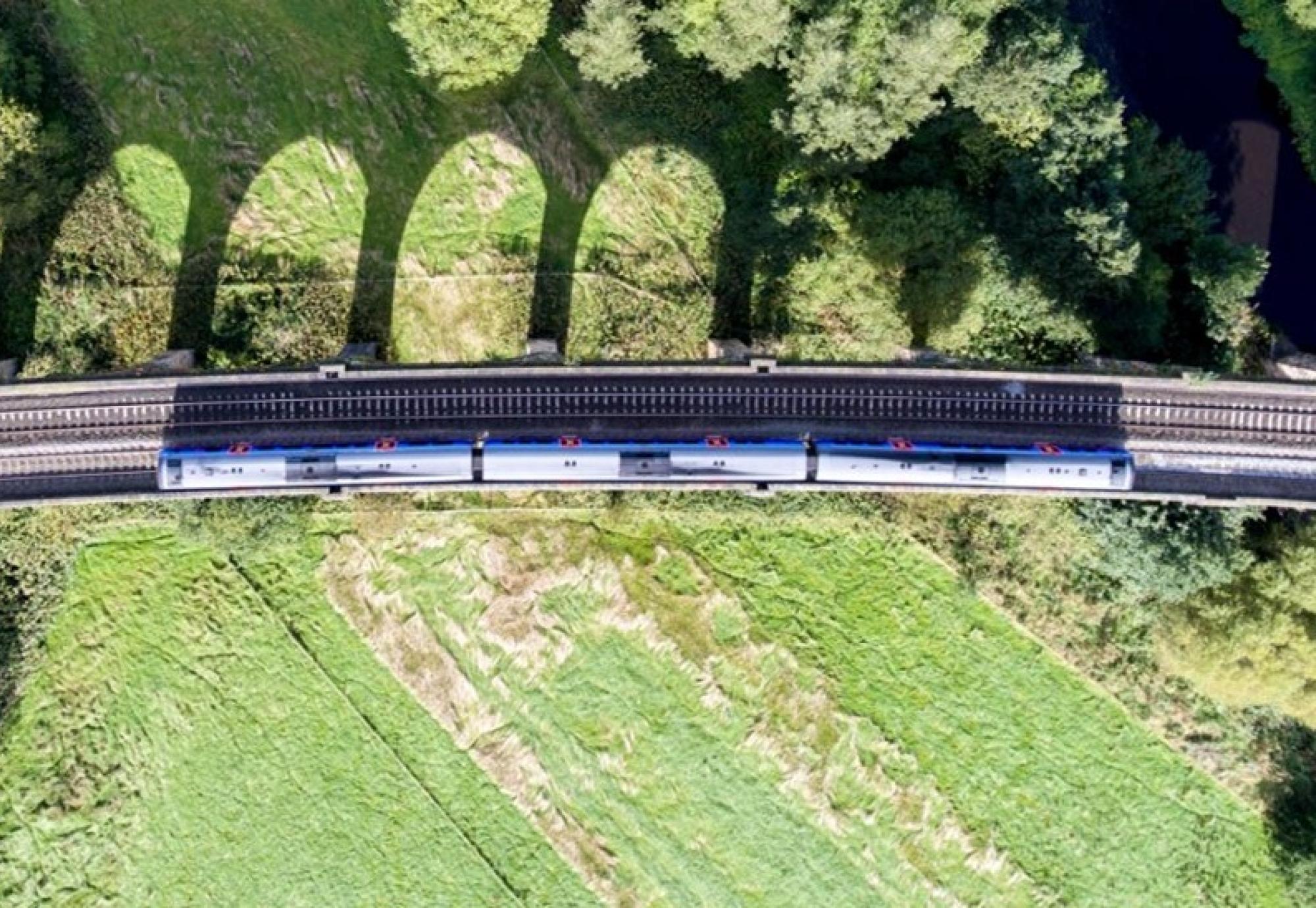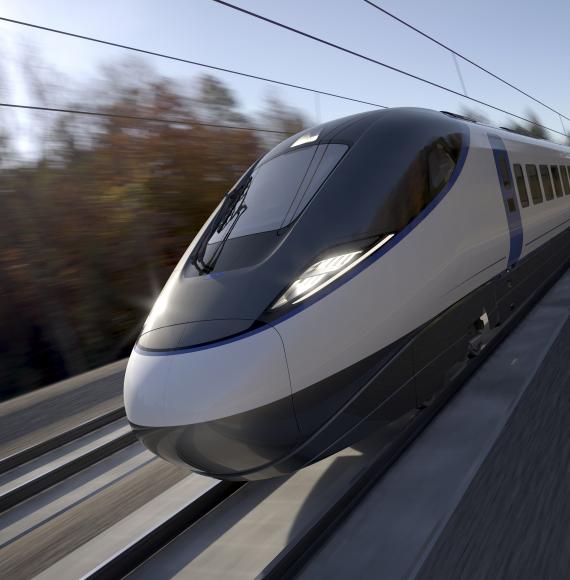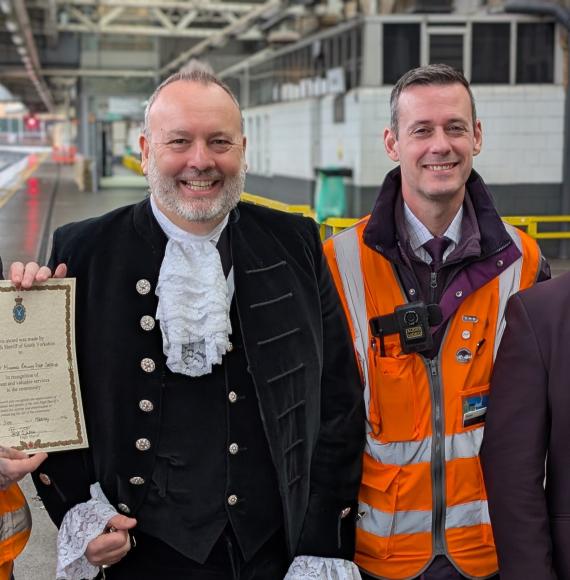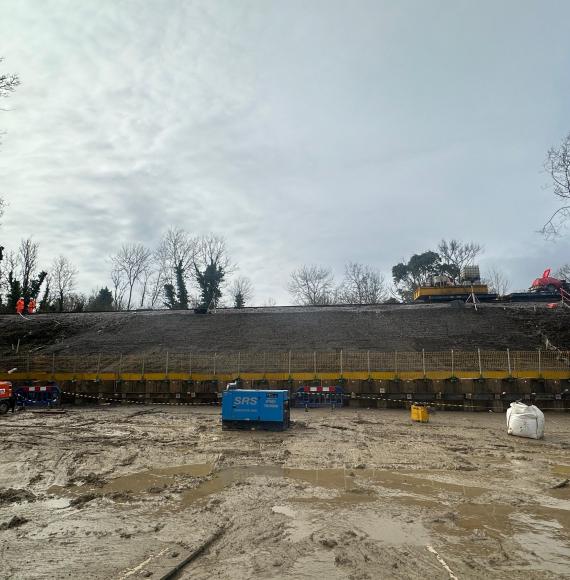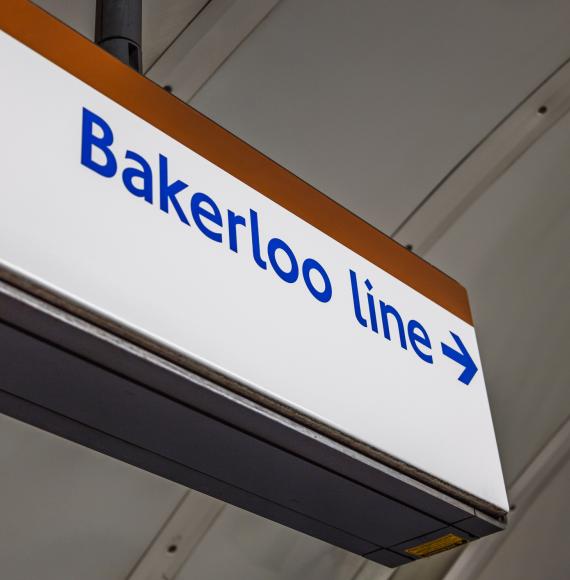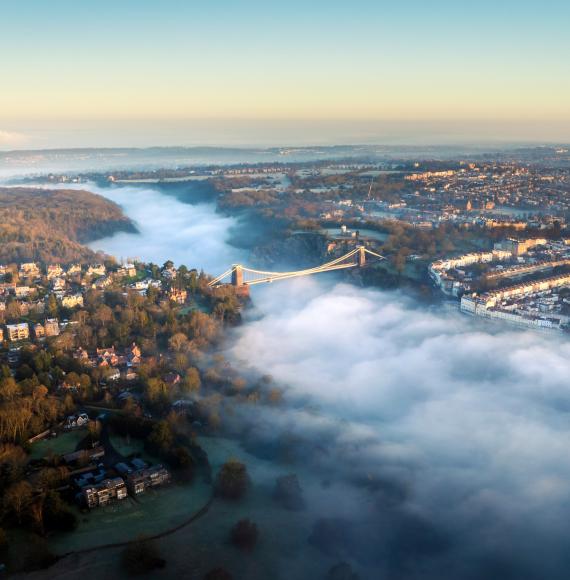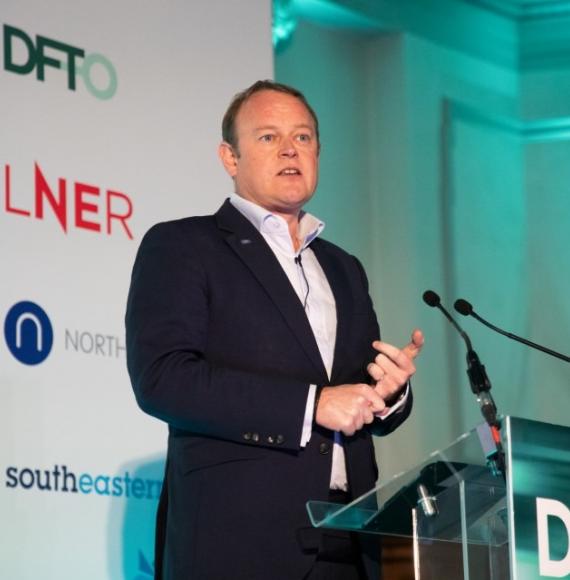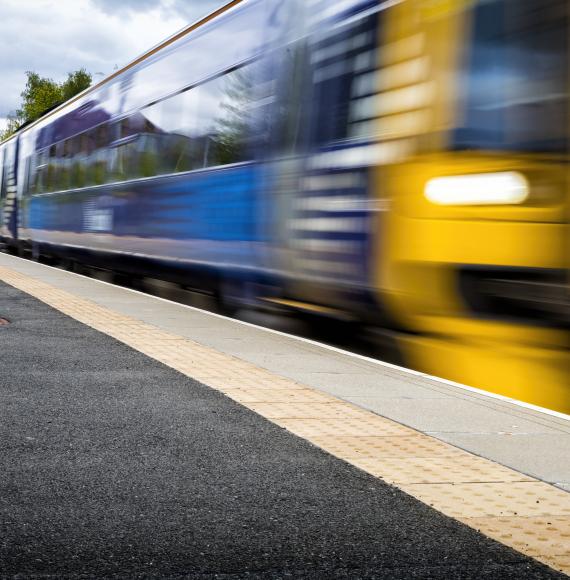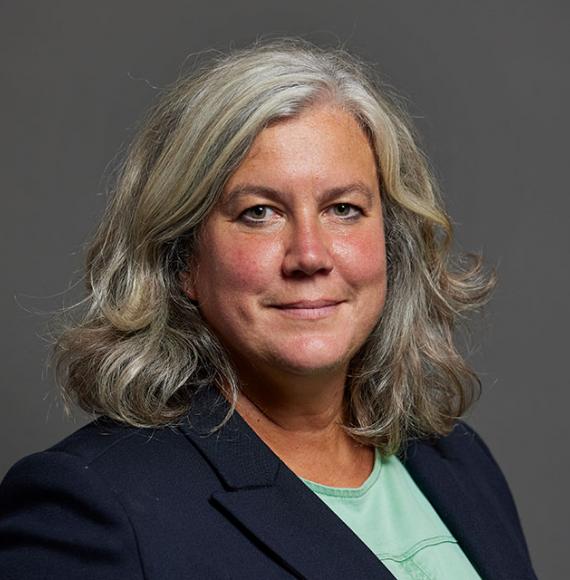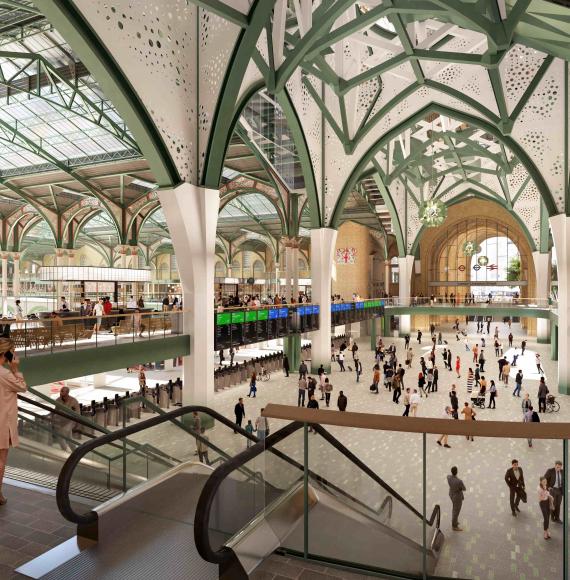The third day of the Unlocking innovation Routes to Zero Carbon Rail series focused on delivering carbon reductions in construction and operation, covering Operations, Maintenance and Renewals.
While there has been lots of focus on green rolling stock and traction power solutions, full decarbonisation is not possible without significantly cutting emissions in how we operate and maintain the rail network, as well as across the supply chain.
Chris Hayes, who leads Skanska’s sustainability operations team, gave an outline of how their data on carbon emissions is informing their efforts to reach net-zero by 2045.
The majority of emissions from major projects and companies are usually, what is termed, “scope 3”, that is to say the supply chain.
Although, many organisations are unable to calculate or simply do not focus on reducing these emissions. This where Chris stressed that data plays a key role as it can help companies to identify exactly what contributes to their carbon footprint, as it has done for Skanska.
On rail particularly, he mentioned Skanska’s ‘ACE’ (Automated Cost & Carbon Estimating tool) which is able to routinely compare models and solutions in real-time to find the best cost/carbon solution for the life-cycle emissions of a project.
Chris ended with a positive call for the industry that the solutions to carbon emissions challenges are out there and a zero-carbon construction site is possible, re-emphasising the need to focus on the data to enable these solutions.
Network Rail’s Janet Dunnett and AECOM’s Philip Charles spoke next. They focussed on the development of an industry Resource Exchange Tool to cut unnecessary waste. Their joint project aims to progress a resource exchange mechanism (REM) to reduce the vast amounts of waste created by Network Rail and help establish a circular economy for materials across the sector.
Phillip emphasised that a REM could reduce carbon, enable transition to circular economy, promote cost savings and support collaboration. However, his message was clear,“data is king”. For this to be a success, companies need to be able to communicate effectively with one another and understand the materials and products which are available.
Janet further offered a clear challenge to the supply chain, to work with Network Rail to help reduce Network Rail’s scope 3 emissions, which currently contribute 70% of their total carbon emissions.
We then heard from Frazer Nash Consultancy’s Howard Lungley who brought his expertise from a different industry altogether to offer new ideas, which are already effective and deployed at scale. From his work in telecommunications at BT and echoing the message from Chris Hayes, Howard stressed the importance of analysing an organisation’s full carbon footprint, in a ‘holistic’ or whole-system approach.
As an example, he worked to cut BT’s emissions from electricity generation through signing Power Purchasing Agreements for clean energy to power their sites. The result is that BT now get 94% of their power from renewable sources. Ending on a positive note, he voiced real optimism for the future given “the pace at which things are moving in the right direction”.
The final speaker was UKRRIN Infrastructure Lead, Dr David Milne, who spoke about his research into how we can maintain the railways in a more sustainable way through using continuous monitoring techniques for targeted maintenance.
He explained how their focus on the condition of support beneath the tracks rather simply the level of track surface gives a better understanding of the cause of defects on a particular line. Their research has shown this understanding can enable more effective and less damaging, and as such more sustainable, track maintenance.
The presentations again ended with short Elevator Pitches from companies who have developed innovative solutions in Operations, Maintenance or Renewals. Bengt Cousins-Jenvey from Type Four Projects told the audience about their accessible and affordable zero carbon consultancy service to support SMEs reduce their environmental impact.
The second pitch was from Unipart Rail’s Andy Davies and McCulloch Rail’s Mike Smith who are working on the world’s first battery-powered, zero emissions Trac Rail Transposer. Finally, Peter Ainsworth from Enerail presented how they have developed proven energy optimisation technologies that can save up to 20% traction energy for metro and light rail systems.
The final Unlocking Innovation event of the Routes to Zero Carbon Rail series will take place on Thursday 22 October and will cover Generation Decarbonisation, how rail can support the wider net zero agenda – register for the free event here.

